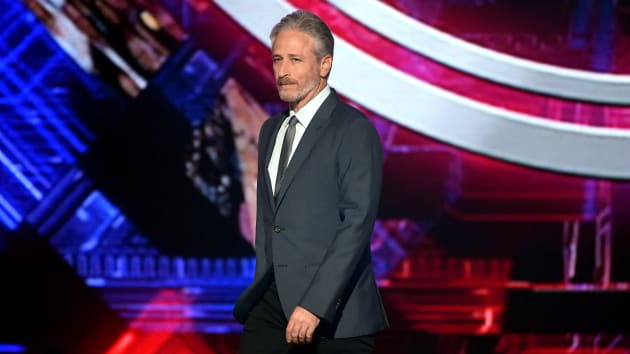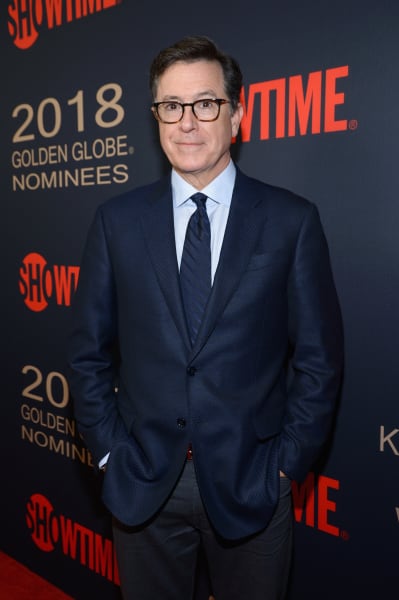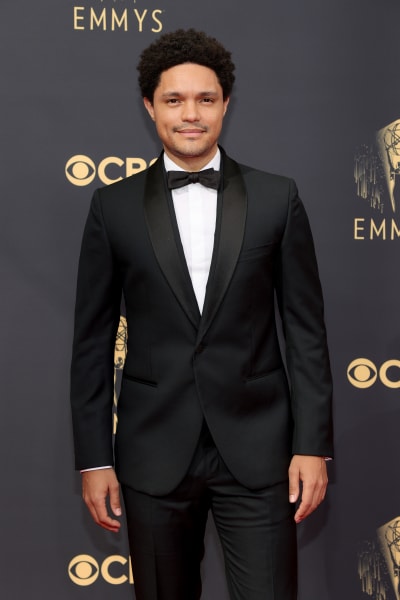Earlier this month, New York Jets quarterback Aaron Rodgers bizarrely predicted that Jimmy Kimmel would be one of the celebrities whose name would appear on the list of Jeffrey Epstein’s associates.
However, when the list was eventually made public, Kimmel’s name was nowhere to be found.
But not surprisingly, the comic took great offense at Rodgers’ allegation, and he berated the football legend-turned-conspiracy theorist in a series of scathing monologues and social media posts.
It was a bizarre series of events that served to highlight the bitter political divisions that have recently torn the US population in two.
It was also the most interesting thing to happen in the world of late-night comedy since Jay Leno kicked Conan O’Brien out of the Tonight Show chair.
Today saw another intriguing development in the world of post-prime time talk shows, as Showtime and MTV Entertainment Studios announced that Jon Stewart will be returning as host of The Daily Show beginning February 12.
The fine print on that announcement revealed that Stewart will be sitting in at his old job only on Monday nights, and only until the November elections.
Of course, Stewart is one of the most beloved and influential late-night hosts of the ’90s and early 2000s.
(Heck, were it not for him, we might not even know the name Stephen Colbert!)
So news that the man who helped shape a generation’s political views will be returning to Comedy Central was understandably greeted with tremendous excitement.
But while we’re as enthusiastic as anyone by the fact that Stewart’s acerbic wit will once again be a feature of the basic cable landscape, his return highlights two unsettling problems in the world of late night.
One is the need for name recognition in an increasingly hyper-competitive market.
Last week saw the introduction of a brand-new entry to the crowded late-night field in the form Taylor Tomlinson’s After Midnight, which fills the CBS post-Colbert slot vacated by James Corden.
But news of that show didn’t generate nearly as much buzz as the Stewart announcement.
That’s because, despite her sizable following on social media (1.5 million on Instagram alone), Tomlinson is a relative unknown in the mainstream.
And her young-skewing audience probably isn’t tuning into much network TV, especially not at 12:35 am on weeknights.
Late night used to be a breeding ground for up-and-coming talent, a place where little-known comics like David Letterman and Conan could cut their teeth.
These days, it’s a comparatively barren terrain where A-list names fight over scraps.
The audience for these shows is a fraction of what it once was, and that’s partially because of the second problem highlighted by Stewart’s return.
Yes, this is the part where we discuss the over-politicization of late night.
Now, don’t get us wrong, talk show hosts have been roasting politicians since the days of Johnny Carson and JFK.
But for most of those years, the emcees were equal-opportunity offenders, skewering politicians from both sides of the aisle — and more for their mannerisms than for their policies.
These days, many Americans feel that the likes of Kimmel and Colbert are ideologues first and comedians second.
Furthermore, at least half of the potential audience for these shows likely believes that the hosts are pushing an agenda that falls to the left of their own belief system.
That’s really the only explanation for how Greg Gutfeld’s comedy-tinged talk show on Fox News could regularly outperform the network stalwarts.
Somewhere in the middle is NBC’s Jimmy Fallon, who strives to walk the narrow tightrope of centrism in the fashion of his Tonight Show predecessors.
But that’s no easy feat in 2024, and in his few forays into the political arena, Fallon has managed to alienate large segments of his audience.
(Remember when the host ruffled Donald Trump’s hair in 2016? It seems a bit quaint now, but at the time, the incident had viewers calling for Fallon’s job!)
Nowadays, taking a late-night hosting gig can mean committing to a slate of beliefs that meet the approval of the show’s producers and target demographic.
The Daily Show situation highlights the complexity of the current landscape.
In taking the reins from Stewart, Trevor Noah struggled to find an equal-sized audience, in part because these days, the college-age liberals who helped make Stewart’s version such a success tend to hold views that fall to the left of what’s permissible to express on basic cable.
Noah is probably thanking his lucky stars that he bailed before being forced to cover the Israel-Palestine conflict on a nightly basis.
When Noah stepped down, producers searched for a full-time replacement but eventually gave up, opting instead to rely on a rotating roster of comics.
Now, as the nation braces itself for another presidential election, the late-night community should be preparing for its quadrennial resurgence in popularity.
After all, nothing yields viral comedic moments quite like the mania of a tightly contested battle for the White House.
However, with the prospect of a Biden-Trump rematch looming and the late-night gigs mostly remaining occupied by the same guys who were hosting in 2020, it seems unlikely that any sizable chunk of the American will be looking forward to the post-11 o’clock news slot for some much-needed comic relief.
The return of Stewart once a week might be a boon for Comedy Central’s ailing late-night lineup.
But for viewers, it might serve as a bittersweet reminder of a time when the hours between 11 pm and 1 am still offered up essential viewing.
Tyler Johnson is an Associate Editor for TV Fanatic and the other Mediavine O&O sites. In his spare time, he enjoys reading, cooking, and, of course, watching TV. You can Follow him on X and email him here at TV Fanatic.








